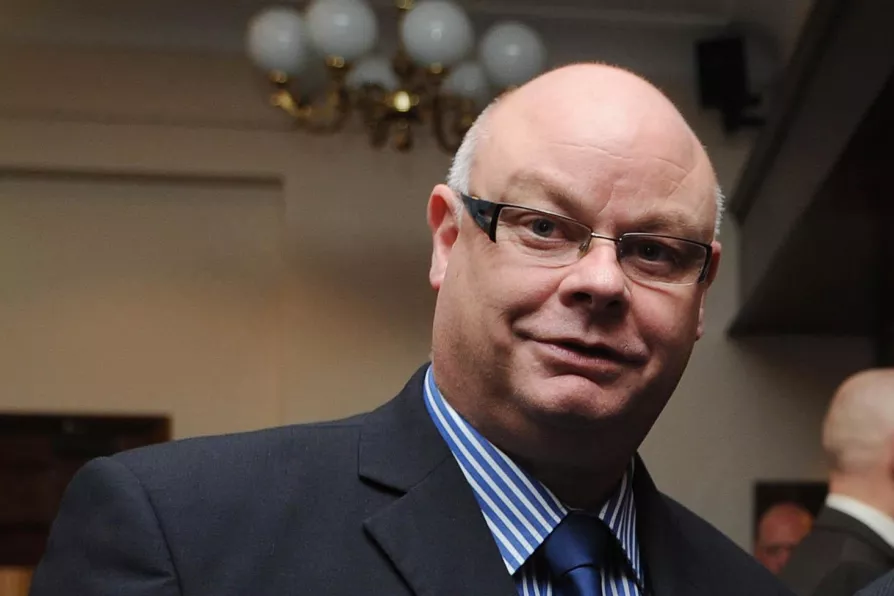As women dominate public services yet face pay gaps, unsafe workloads and rising misogyny, this International Women’s Day and TUC Women’s Conference must be a rallying point, says ANDREA EGAN

 POA general secretary Steve Gillan chairs the trades union council joint consultative committee
POA general secretary Steve Gillan chairs the trades union council joint consultative committee
TRADES councils are the local trade union movement. They can be called upon by any trade union branch to show strike or other dispute solidarity, which could be via a picket line, media publicity or a financial appeal.
National trade unions can promote their priority issues more effectively when local trades councils assist with publicity, leaflet distribution, recruitment and speakers at meetings.
When trades councils respond to strong feeling in working-class communities, they can report this to the Trades Union Congress (TUC) at regional and national levels.

Campaigns against nuclear weapons on the Clyde, financial backing for arms firms and rising militarism are converging with solidarity for Palestine, as Scotland’s peace movement builds momentum ahead of the 2026 Holyrood election, says ARTHUR WEST

Women are a vital part of the labour movement and have much to contribute, but there’s far more to be done to make sure that our sisters’ voices are truly heard, says PHILIPA HARVEY

Our members face serious violence, crumbling workplaces and exposure to dangerous drugs — it is outrageous we still cannot legally use our industrial muscle to fight back and defend ourselves, writes STEVE GILLAN

Head of education, campaigns and organising for the General Federation of Trade Unions HENRY FOWLER explains why it is launching a fund to support trades councils and give them access to a new range of courses and resources










